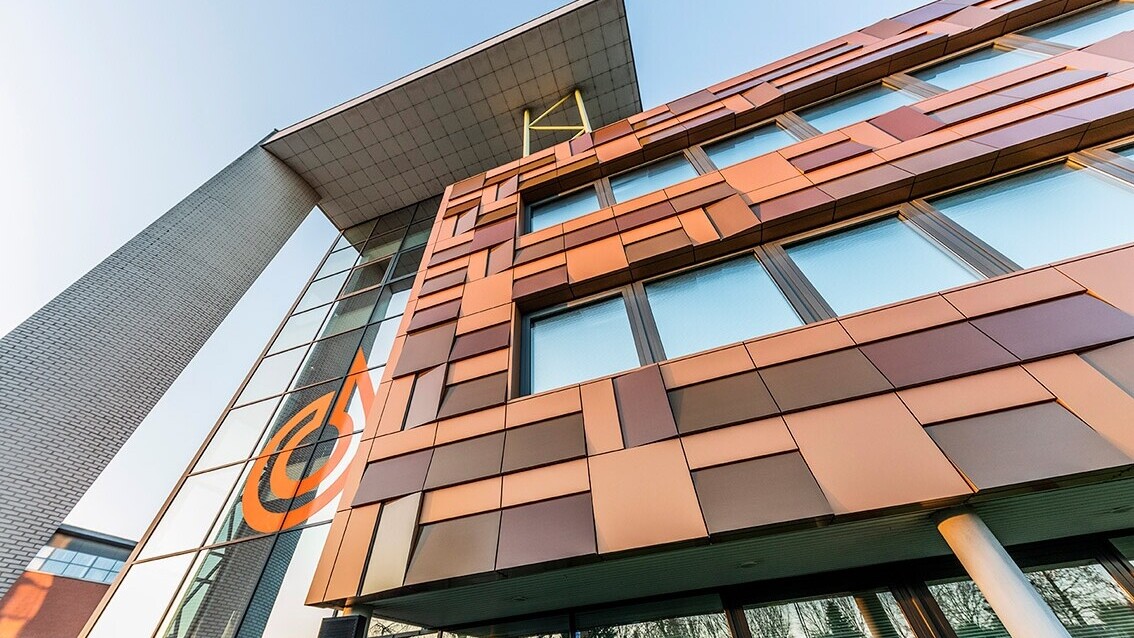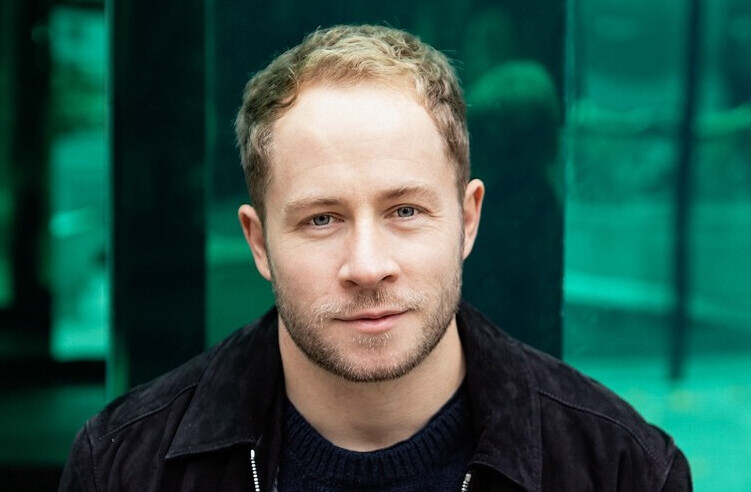
One of the best ways to make buildings greener is to cover them with solar panels — turning homes, offices, and factories into clean energy generators.
Rooftop solar is particularly popular in the Netherlands because, well, it’s a tiny country with lots of people, where every square inch counts. Adding solar panels to the empty exterior of a building, rather than occupying swathes of countryside, simply makes sense.
Rooftop makes up the largest number of solar installations in the EU, and demand is skyrocketing. But, while solar panels will be an increasingly common feature of architecture going forward, for some they are an eyesore.
However, as the market booms, an emerging cohort of Dutch startups is specialising in solar roofs and facades that not only look awesome, but do the energy-generating bit too.
“The sun sees solar modules, we see art,” says Jeroen Boumans, architect at Eindhoven University spin-off ZigZagSolar. The startup has designed a corrugated facade for buildings that it claims harnesses twice as much energy as a standard flat solar wall, and 25% more than a solar roof. Its installations look more like a mural than anything else.

“Regular blue and black PV cells are not that attractive,” says architect Ajax Abreu Garcia of UNStudio. In 2017, the architectural practice founded Solar Visuals, to bring full colour, durable print panels to the market. “These facades generate electricity, but they are also beautiful,” says Garcia.
The Solar Visuals product consists of four layers: a constructive back, a layer with PV cells, then a print, and finally a glass plate.


Kameloen Solar, based in the small city of Roosendaal, adds colour to solar panels using its patented ColourBlast technology.
“We now have a colour library with about four thousand possibilities,” says Guust Verpaalen, the owner of Kameleon Solar. “If people say to us: we want terracotta, then we ask: what colour?”

Many of these artistic twists on solar tech fall under what’s known as building-integrated photovoltaics (BIPV). In simple terms, this is when solar panels are integrated into the building itself, not mounted on it.
A pioneer in this regard is Solarix, whose panels were used to create what is slated to be the first building in the world to be equipped with a solar facade — the headquarters of engineering firm Kuijpers in Helmond, completed in 2018 (check the featured image).
While Solarix is focusing on facades, Dutch scale-up Exasun is one of many companies now providing built-in rooftop solar panels that are almost invisible to the naked eye. Its X-Roof system is used as a replacement for or in combination with ceramic roof tiles.

In a way, integrating solar panels into the built environment is symbolic of how embedded this technology is becoming in modern architecture and design.
The future is bright
The Dutch government recently announced it is ringfencing up to €412mn in funding for next-generation solar technologies, including solar facades, solar glass, and BIPV.
The capital will be directed to SolarNL, a consortium that looks to nurture the growth of solar PV manufacturing in the Netherlands and Europe. Many of the startups we’ve just mentioned are part of this consortium.
Those who aren’t ought not to worry though. The outlook for solar startups is looking bright regardless. Total investment in European solar startups is up 398% on last year, with firms receiving $6bn in backing by the end of May 2023. This compares to $1.2bn raised by the same point in 2022, says research by distributor Avnet Abacus.
As cash pours into solar tech, there’s never been a better time for startups to explore ways to harness the power of the sun in style.
Get the TNW newsletter
Get the most important tech news in your inbox each week.




